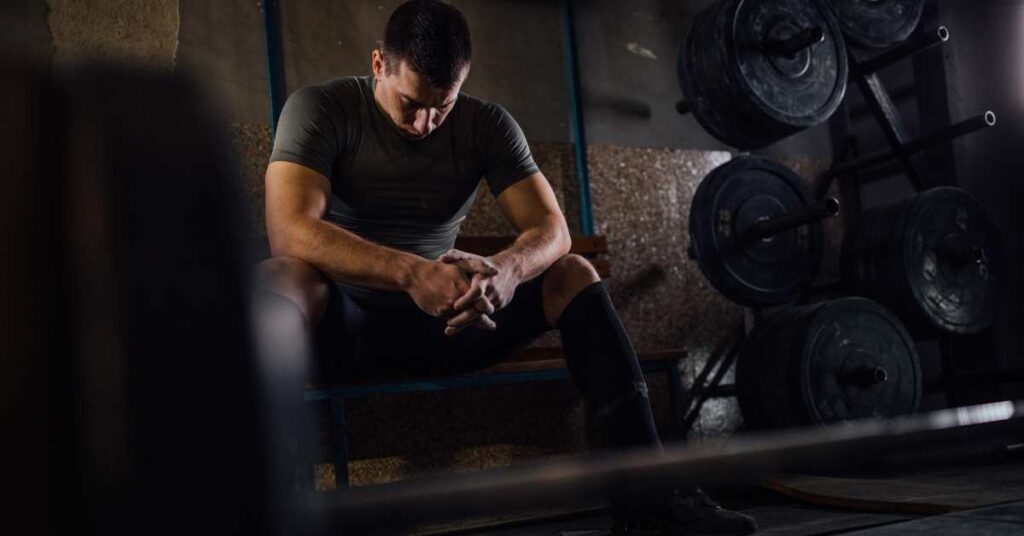As an athlete, you understand the importance of training specifically for your sport. While general physical fitness is valuable, honing your skills and mastering the demands of your sport can take your performance to new heights. In this article, we will explore sport-specific training drills that can help you improve your technique, enhance your physical attributes, and excel in your chosen sport.
Introduction
Sport-specific training is the process of tailoring your training regimen to the specific skills, movements, and demands of your sport. It involves incorporating drills and exercises that mimic the actions and conditions you’ll encounter during competition. By focusing on sport-specific training, you can optimize your performance and gain a competitive edge.
Understanding Sport-Specific Training
What is Sport-Specific Training?
Sport-specific training involves developing the physical attributes, technical skills, and mental resilience required for your sport. It goes beyond general fitness and targets the specific movements, energy systems, and cognitive demands of your chosen athletic pursuit.
Benefits of Sport-Specific Training
Sport-specific training offers several benefits, including improved performance, enhanced technique, reduced risk of injury, increased confidence, and better game-day decision-making. By replicating the demands of your sport in training, you can prepare your body and mind for the challenges you’ll face during competition.
Sport-Specific Training Drills for Different Sports
Basketball
- Dribbling Drills: Improve ball handling skills with cone drills, crossover exercises, and stationary and dynamic dribbling drills.
- Shooting Drills: Enhance shooting technique and accuracy with spot shooting, free throws, and game-like shooting scenarios.
- Defensive Drills: Develop defensive skills such as footwork, closeouts, and defensive positioning through one-on-one drills and defensive slides.
Soccer
- Passing and Receiving Drills: Work on accuracy, speed, and control of passes and receptions through various passing drills, wall passes, and small-sided games.
- Shooting and Finishing Drills: Practice shooting techniques, finishing skills, and goal-scoring abilities with shooting drills, finishing exercises, and game scenarios.
- Dribbling and Agility Drills: Enhance dribbling skills, change of direction, and agility through cone dribbling drills, ladder exercises, and agility ladder drills.
Tennis
- Groundstroke Drills: Improve groundstroke technique, power, and consistency through forehand and backhand drills, cross-court rallies, and target hitting.
- Serve and Volley Drills: Focus on serving accuracy, power, and net play skills with serving drills, volley exercises, and approach shot practice.
- Footwork and Movement Drills: Enhance footwork, agility, and court coverage with ladder drills, side-to-side movement exercises, and shadow strokes.
Swimming
- Stroke Technique Drills: Work on specific swim strokes such as freestyle, backstroke, breaststroke, and butterfly with drills that emphasize stroke mechanics and body position.
- Start and Turn Drills: Practice efficient starts, turns, and underwater dolphin kicks to improve speed and maximize momentum during races.
- Endurance and Speed Sets: Incorporate interval training, pace work, and sprint sets to enhance cardiovascular fitness, speed, and race performance.
Track and Field
- Sprint Drills: Improve acceleration, top-end speed, and running form with sprint drills such as high knees, butt kicks, and A-skips.
- Jumping Drills: Enhance jumping technique, power, and explosive strength through drills like standing long jumps, box jumps, and triple jump progressions.
- Throwing Drills: Develop throwing technique and strength with specific drills for shot put, discus, javelin, and hammer throw.
Tips for Effective Sport-Specific Training
Set Clear Goals
Set clear and specific goals for your sport-specific training. Identify areas of improvement, whether it’s technical skills, speed, endurance, or mental resilience, and tailor your training accordingly.
Prioritize Technique
Emphasize proper technique in your sport-specific drills. Focus on quality over quantity to ensure you develop correct movement patterns and avoid developing bad habits.
Vary Intensity and Complexity
Vary the intensity and complexity of your sport-specific drills. Include both high-intensity drills to simulate game-like conditions and lower-intensity drills to focus on technique and skill development.
Incorporate Mental Training
Don’t overlook the mental aspect of your sport-specific training. Practice visualization, mental rehearsal, and concentration techniques to develop mental toughness and improve your ability to perform under pressure.
Common Misconceptions and FAQs
Is sport-specific training only for elite athletes?
No, sport-specific training is beneficial for athletes of all levels, from beginners to professionals. Tailoring your training to your specific sport helps you improve your skills, reduce the risk of injuries, and enhance your overall performance.
Can sport-specific training replace general fitness training?
Sport-specific training should be complemented by general fitness training to ensure overall physical conditioning. General fitness training helps improve strength, endurance, flexibility, and cardiovascular fitness, which are important for optimal athletic performance.
How often should I include sport-specific drills in my training?
The frequency of sport-specific drills depends on various factors, including your training program, competition schedule, and individual needs. Ideally, incorporate sport-specific drills into your training sessions at least a few times per week.
What if I participate in multiple sports?
If you participate in multiple sports, you can modify your training program to include sport-specific drills for each sport. Prioritize the specific skills and demands of each sport in your training regimen.
Can sport-specific training help prevent injuries?
Yes, sport-specific training can help prevent injuries by improving movement mechanics, strengthening specific muscle groups, and enhancing joint stability. Proper technique and conditioning reduce the risk of injury during sports activities.
Conclusion
Sport-specific training is a vital component of athletic development and success. By incorporating drills and exercises that mimic the movements and demands of your sport, you can enhance your skills, improve your performance, and reduce the risk of injuries. Remember to set clear goals, prioritize technique, vary intensity and complexity, and incorporate mental training into your sport-specific training regimen. With consistent and focused practice, you’ll be on your way to becoming a more skilled and accomplished athlete.
Now, it’s time to lace up your shoes, grab your equipment, and get started with your sport-specific training journey. Good luck!
Frequently Asked Questions (FAQs)
- How often should I perform sport-specific training drills?
- The frequency of sport-specific training drills depends on various factors such as your training goals, competition schedule, and recovery time. Aim to incorporate them into your training routine at least a few times per week.
- Can sport-specific training benefit recreational athletes?
- Absolutely! Sport-specific training can benefit athletes of all levels, including recreational athletes. It helps improve skills, performance, and overall enjoyment of the sport.
- Are sport-specific training drills only for individual sports?
- No, sport-specific training drills can be tailored to team sports as well. Team-specific drills focus on improving teamwork, coordination, and position-specific skills.
- Can sport-specific training help with injury rehabilitation?
- In some cases, sport-specific training drills can be incorporated into injury rehabilitation programs to help regain strength, flexibility, and sport-specific skills.
- Should I consult a coach or trainer for sport-specific training?
- Consulting a coach or trainer who specializes in your sport can provide valuable guidance and help you develop an effective sport-specific training program tailored to your needs and goals.
Disclaimer: When it comes to training techniques, always seek professional guidance and advice from sports and/or medical professionals who will be in a position to better address specific concerns or issues related to your individual situation. In no event shall we be liable for any direct, indirect, incidental, special, or consequential damages arising out of or in connection with your use of this website or the content provided herein.







